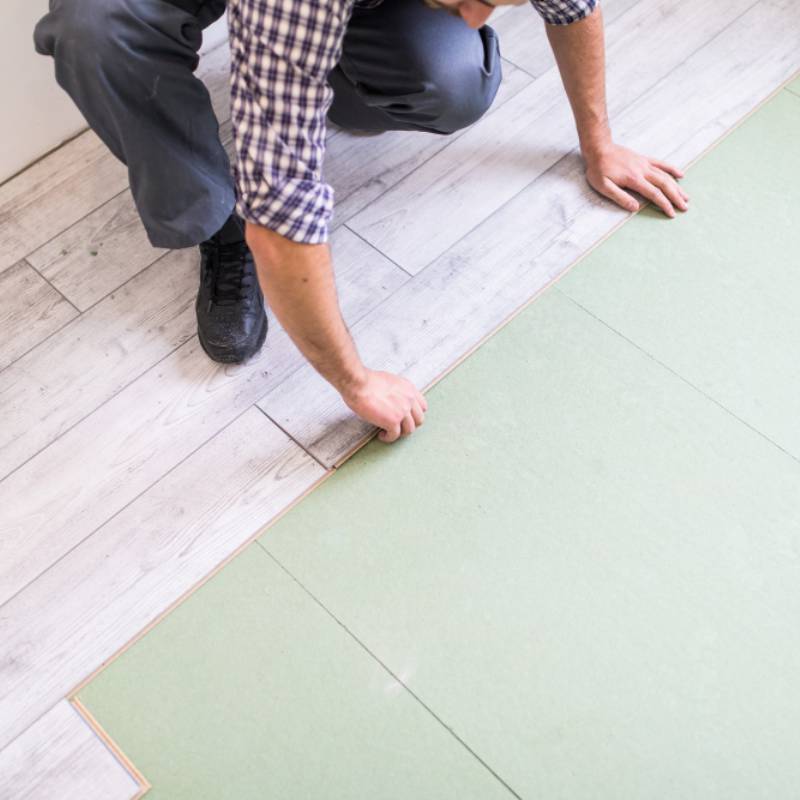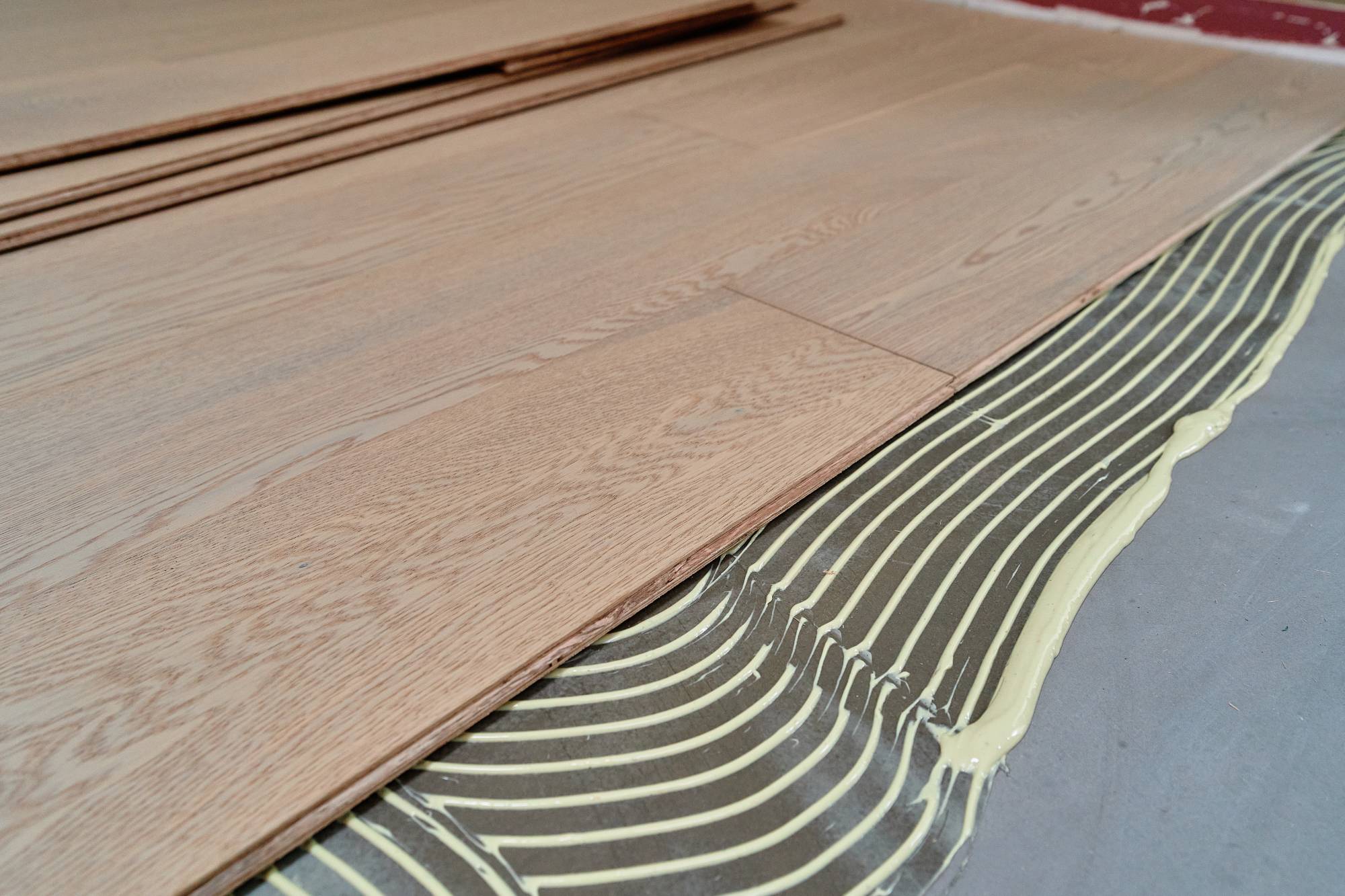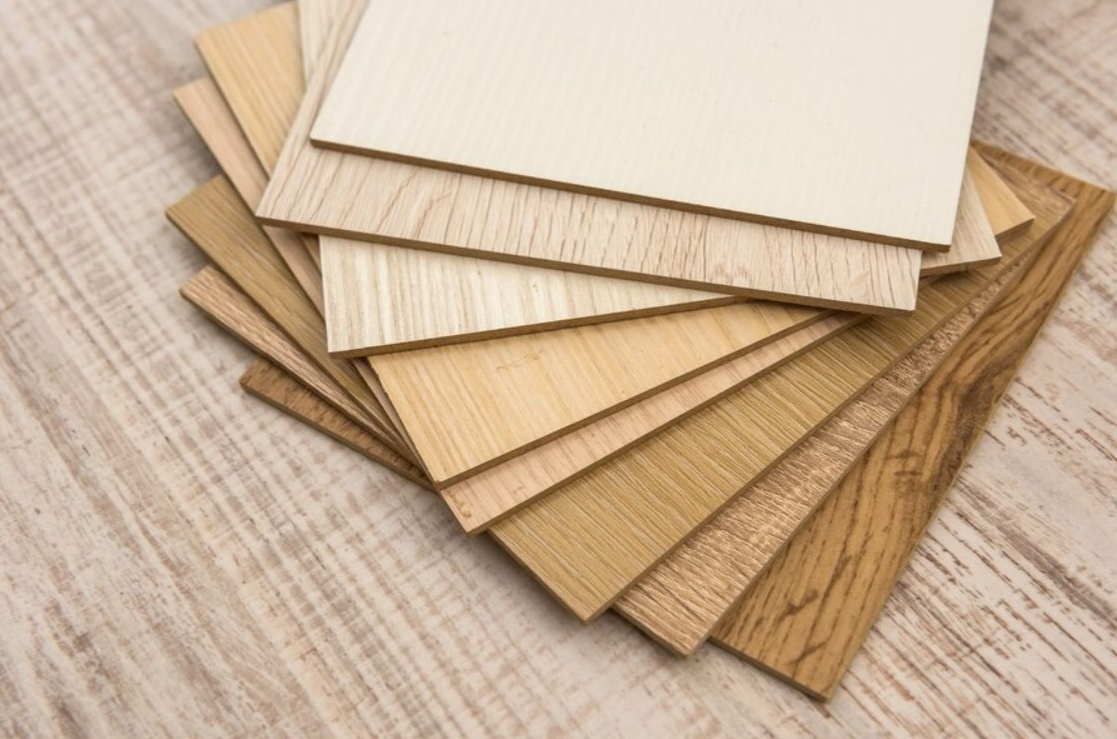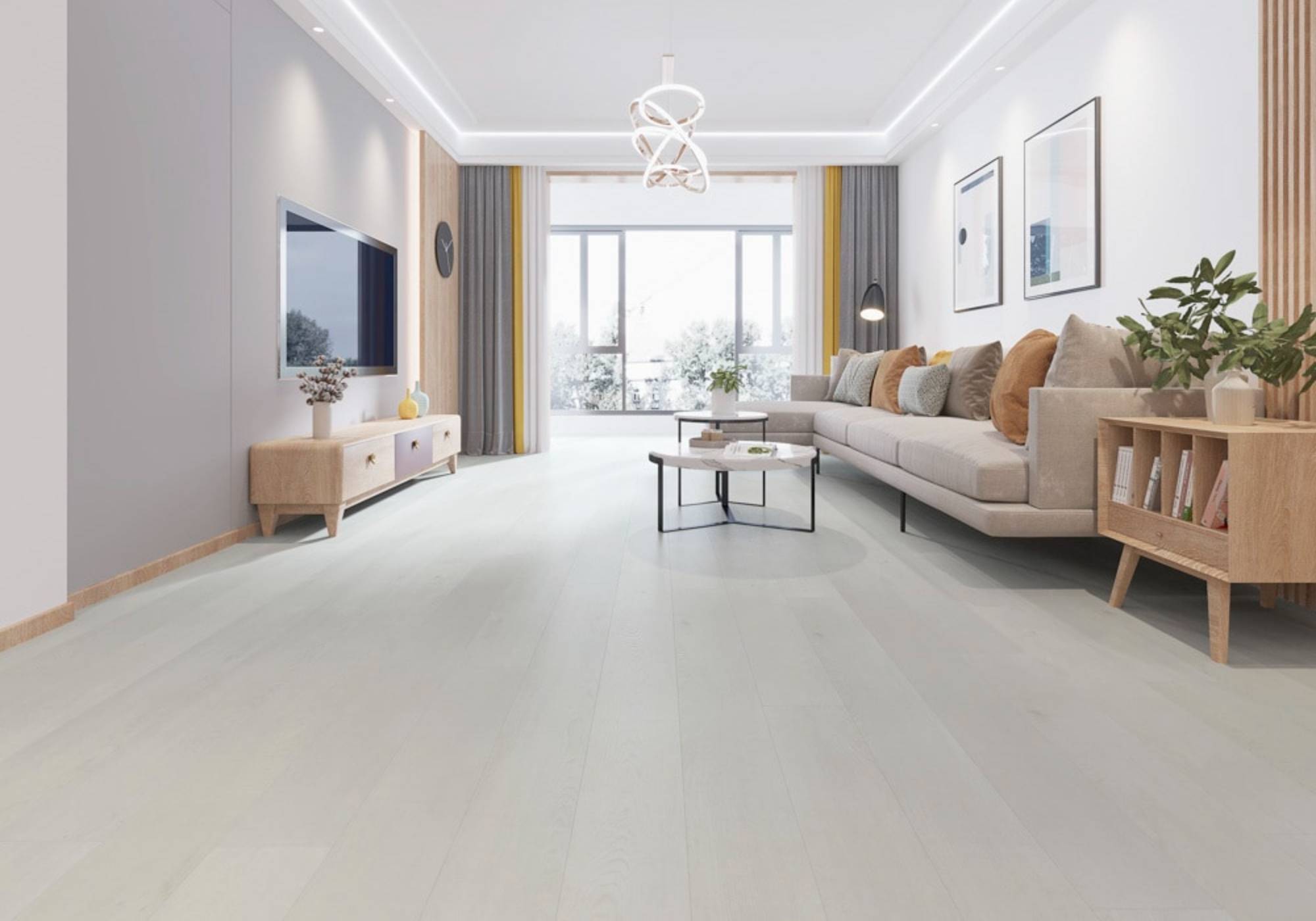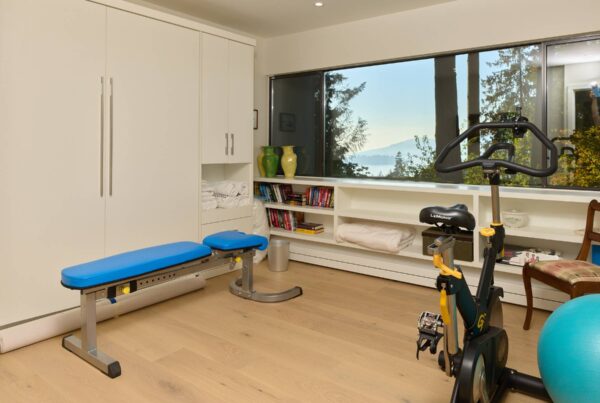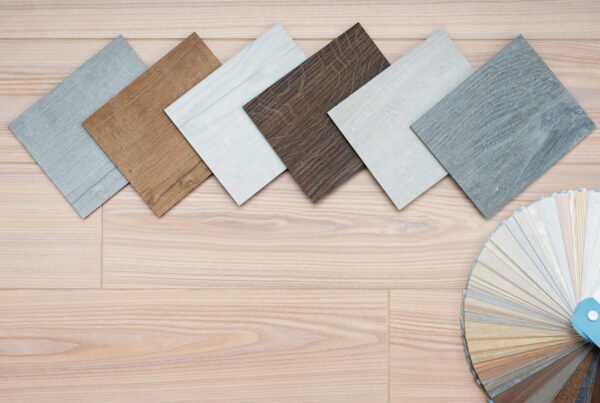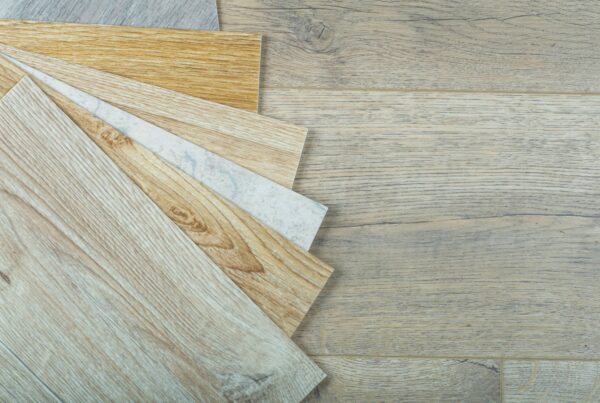When it comes to choosing the perfect flooring for your home in Vancouver, there are several options to consider. Wood and vinyl flooring are two popular choices that offer unique benefits and features. In this blog post, we will explore the advantages of both types of flooring and help you make an informed decision for your space.
Types of Flooring Materials
Wood flooring encompasses a range of options, including solid hardwood, engineered hardwood, and laminate. Solid hardwood is made from real wood and offers a timeless, natural beauty. Engineered hardwood is constructed with a veneer of real wood over layers of plywood, making it more resistant to moisture and temperature fluctuations. Laminate flooring, on the other hand, is a synthetic material that replicates the look of wood but is more budget-friendly.
Benefits of Wood Flooring
Wood flooring brings numerous benefits to homeowners. Firstly, it adds warmth and elegance to any room, enhancing the overall aesthetic appeal of your home. Additionally, wood flooring is durable and long-lasting, capable of withstanding heavy foot traffic and lasting for generations when properly maintained. It also offers excellent insulation properties, helping to regulate the temperature in your home and reducing energy costs. Moreover, wood flooring is hypoallergenic, as it does not trap dust, pollen, or pet dander, making it a healthier choice for those with allergies.
Advantages of Vinyl Flooring
Vinyl flooring has gained popularity in recent years due to its versatility and affordability. One of the significant advantages of vinyl flooring is its durability. It is highly resistant to scratches, stains, and moisture, making it an excellent choice for high-traffic areas, such as kitchens and bathrooms. Vinyl flooring is also available in a wide range of styles, patterns, and colors, allowing you to achieve the look you desire for your space. Furthermore, vinyl flooring is easy to clean and maintain, requiring minimal effort to keep it looking its best.
Comparison of Wood and Vinyl Flooring
When comparing wood and vinyl flooring, it’s essential to consider various factors. Wood flooring offers natural beauty and a classic appeal that can increase the value of your home. It is more prone to scratches and dents, requiring regular maintenance to keep it in optimal condition. On the other hand, vinyl flooring is highly resilient and can withstand daily wear and tear with ease. It is also more budget-friendly than wood flooring, making it a cost-effective option for homeowners.
Durability and Longevity of Wood and Vinyl Flooring
Wood flooring is known for its durability and longevity. With proper care, hardwood floors can last for decades and even a lifetime. Regular maintenance, such as sweeping and periodic refinishing, can keep wood floors looking beautiful for years to come. Vinyl flooring is also durable and can handle heavy use without showing significant signs of wear. However, it is important to note that vinyl flooring may need to be replaced after 15 to 20 years, depending on the quality and level of usage.
Maintenance and Cleaning of Wood and Vinyl Flooring
Maintaining wood and vinyl flooring is relatively straightforward. Wood floors should be swept or vacuumed regularly to remove dirt and debris that can scratch the surface. Spills should be wiped up promptly to prevent staining or damage. Periodic refinishing may be required to restore the shine and luster of wood floors. Vinyl flooring can be cleaned with a damp mop or mild cleanser to remove dirt and stains. It is essential to avoid using harsh chemicals or abrasive tools that can damage the surface.
Cost Considerations of Wood and Vinyl Flooring
The cost of wood and vinyl flooring can vary depending on the type of material, quality, and installation requirements. Wood flooring tends to be more expensive upfront, especially if you opt for solid hardwood. Engineered hardwood and laminate are more affordable options that offer a similar aesthetic at a lower cost. Vinyl flooring is generally the most budget-friendly option, making it an attractive choice for homeowners on a tight budget. However, it’s important to consider the long-term value and durability of the flooring when making your decision.
Environmental Impact of Wood and Vinyl Flooring
When it comes to the environmental impact, wood flooring has a natural advantage. It is a renewable resource and can be sourced from responsibly managed forests. However, it’s crucial to choose wood flooring that is certified by organizations such as the Forest Stewardship Council (FSC) to ensure it comes from sustainable sources. Vinyl flooring, on the other hand, is made from synthetic materials such as polyvinyl chloride (PVC). While some manufacturers are taking steps to reduce their environmental footprint, the production and disposal of vinyl flooring can have negative environmental consequences.
Installation Process for Wood and Vinyl Flooring
The installation process for wood and vinyl flooring differs significantly. Wood flooring is typically installed by nailing or stapling planks to a subfloor, which requires professional installation. Engineered hardwood and laminate flooring often use a click-lock system that allows for easier installation. Vinyl flooring comes in various installation methods, including glue-down, loose-lay, and click-lock systems, making it a versatile option for different applications.
Design and Aesthetic Options for Wood and Vinyl Flooring
Both wood and vinyl flooring offer a wide range of design and aesthetic options. Wood flooring comes in various species, each with its unique grain pattern and color variations. This allows you to choose a look that complements your home’s style, whether it’s modern, traditional, or rustic. Vinyl flooring comes in a plethora of styles and patterns, including options that mimic the appearance of wood, stone, or tile. This versatility allows you to achieve the desired aesthetic without the high cost associated with natural materials.
Wood and Vinyl Flooring in Vancouver: Local Considerations
In Vancouver, where moisture levels can be high, it’s important to consider the impact of humidity on wood flooring. Solid hardwood is more prone to expansion and contraction due to changes in moisture, making engineered hardwood a more suitable choice for the local climate. Vinyl flooring, with its moisture-resistant properties, can also be an excellent option for Vancouver homes, particularly in areas prone to water exposure.
Choosing Between Engineered Hardwood and Vinyl Flooring
When it comes to selecting between engineered hardwood and vinyl flooring, several factors come into play. If you prioritize a natural look and value the long-term investment, engineered hardwood may be the right choice for you. On the other hand, if durability, affordability, and ease of maintenance are your primary concerns, vinyl flooring may be the more practical option. Consider your lifestyle, budget, and personal preferences to make an informed decision.
Choosing the Perfect Flooring: Unveiling the Benefits of Wood and Vinyl with Flatwater Finishes – Vancouver’s Premier Flooring Experts
In your search for the perfect flooring solution in Vancouver, look no further than Flatwater Finishes. Our team of experts understands the unique needs and preferences of homeowners in this vibrant city. With an extensive range of high-quality options, including vinyl and engineered hardwood flooring, we are committed to helping you transform your space into a stunning haven. Experience the unbeatable benefits of our top-notch flooring materials, from the durability of vinyl to the timeless elegance of engineered hardwood. Trust Flatwater Finishes to provide you with exceptional craftsmanship, personalized service, and the flooring solution that perfectly suits your style and budget. Enhance your home with the finest flooring options available, and discover why Flatwater Finishes is the trusted name in Vancouver for all your flooring needs.

